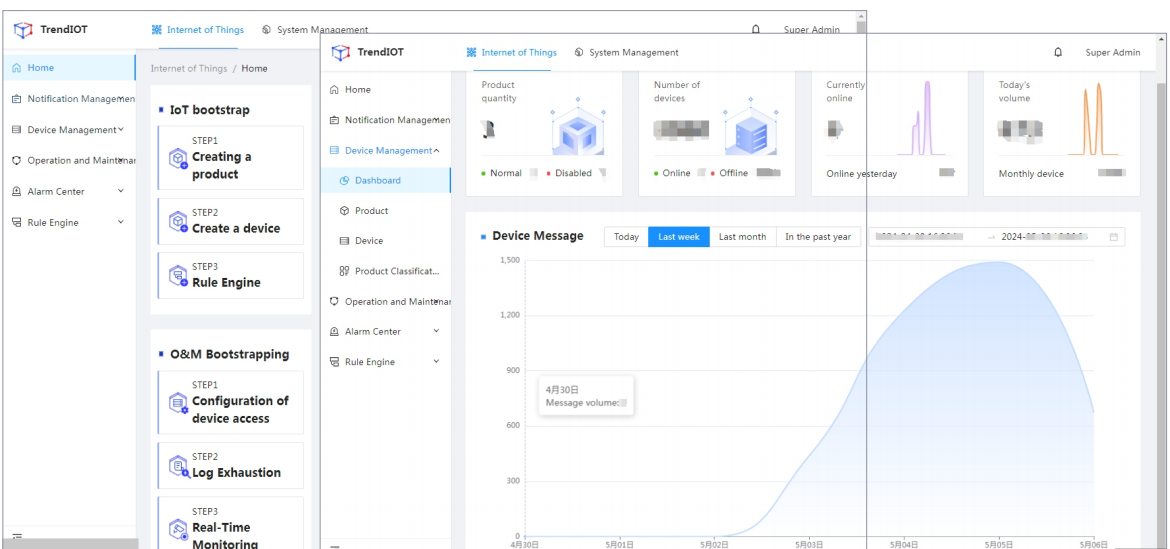The development of a smart charging station system involves several key aspects, including market research, system architecture, hardware and software integration, IoT and big data technology application, as well as security and reliability. By comprehensively considering these factors, a highly intelligent and reliable charging station system can be developed that meets market demands.

Here are the main points to consider in developing a smart charging station system:
- Market research and user communication are essential to understand the strengths and weaknesses of existing charging station systems and gather user expectations for features such as remote monitoring, fault alarms, and diverse payment methods.
- System architecture design should prioritize scalability and stability, choosing between microservices or monolithic architectures.
- Database design must ensure efficient data storage and querying while maintaining data security and integrity.
- User interface design should be intuitive and user-friendly, covering both the charging station display and user-facing apps or mini-programs.
- Hardware selection should prioritize high-quality components with weatherproofing, dustproofing, and surge protection capabilities, ensuring compatibility, stability, and cost-effectiveness.
- Software development should focus on creating a stable system with user authentication, billing, remote monitoring, and other intelligent management features, with good scalability and compatibility in mind.
- IoT technology should be leveraged for bidirectional communication between charging stations and cloud servers, allowing for remote maintenance and data analysis.
- Big data analysis can predict charging peaks and optimize resource allocation by mining usage data, guiding operators in strategically placing charging stations.
- Security and reliability are paramount, with overload protection, short circuit protection, and leakage detection, as well as software safeguards against hacking and data breaches.
In summary, the development of a smart charging station system requires a comprehensive approach that considers market research, system design, hardware and software integration, IoT and big data technology, and security and reliability. This results in a system that is not only intelligent but also stable and user-friendly.




